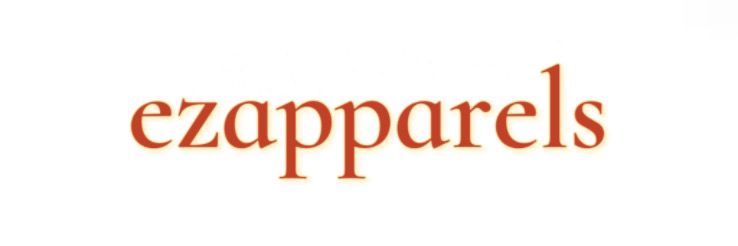Fabric Pleating Machine vs. Traditional Hand Pleating: A Comparison
Jun. 25, 2025
What is a Fabric Pleating Machine?
A Fabric Pleating Machine is a specialized device designed to create pleats in fabric quickly and efficiently. It automates the pleating process, allowing for consistent and precise results compared to traditional methods of hand pleating.
Want more information on Fabric Pleating Machine? Feel free to contact us.
If you want to learn more, please visit our website Automatic Pleating Machine.
Featured content:Is Your Continuous Quilting Machine Wasting Fabric and Time?
What are the main differences between a Fabric Pleating Machine and traditional hand pleating?
- Speed: Fabric Pleating Machines can produce pleats at a much faster rate than hand pleating. A machine can complete a large batch of fabric in a fraction of the time it would take a skilled artisan to do it by hand.
- Consistency: Machines provide uniformity in the size and depth of pleats. Hand pleating can result in variations due to the skill level of the person doing the work, potentially affecting the final product's quality.
- Labor Intensity: Hand pleating requires considerable time and physical effort, which can lead to fatigue. On the other hand, using a Fabric Pleating Machine reduces manual labor, allowing operators to focus on other tasks while the machine works.
- Cost Efficiency: Although the initial investment in a Fabric Pleating Machine may be higher, the long-term savings in labor costs and increased production can make it a more economical choice for businesses.
- Flexibility: Fabric Pleating Machines often come with adjustable settings, allowing users to create various types of pleats. While some hand techniques may limit styles due to skill levels, machines can accommodate a wider range of designs with ease.
What are the advantages of using a Fabric Pleating Machine?
- Enhanced Production: With faster operation and the ability to handle large volumes of fabric, machines improve overall production rates, benefiting manufacturers in meeting demand.
- Professional Quality: The automation ensures that each pleat meets the exact specifications desired, consistently producing high-quality outcomes.
- Reduced Waste: Minimizing errors in pleating helps reduce fabric waste, which is essential for conserving resources and improving profit margins.
- Improved Working Conditions: Automating labor-intensive tasks with a Fabric Pleating Machine leads to a more comfortable and safer working environment for laborers.
Are there any limitations to using a Fabric Pleating Machine?
- Initial Cost: The upfront financial investment for a Fabric Pleating Machine can be significant. Small businesses must weigh the costs against potential benefits.
- Learning Curve: Operating the machine effectively may require training, which can add to overall costs and time before production ramps up.
- Maintenance: Like any machine, regular upkeep and repairs are necessary to maintain proper functionality, which can also incur additional costs.
Which option is better for my business?
The choice between using a Fabric Pleating Machine and hand pleating largely depends on the specific needs of your business. If you require high volume and fast turnaround times, investing in a Fabric Pleating Machine can prove advantageous. However, for small-scale operations focused on custom work, traditional hand pleating might still be the better option, especially if artisan skills are valued. Consider your production requirements, budget, and design needs to make an informed decision.
Are you interested in learning more about spunlace production line? Contact us today to secure an expert consultation!
88
0
0



Comments
All Comments (0)